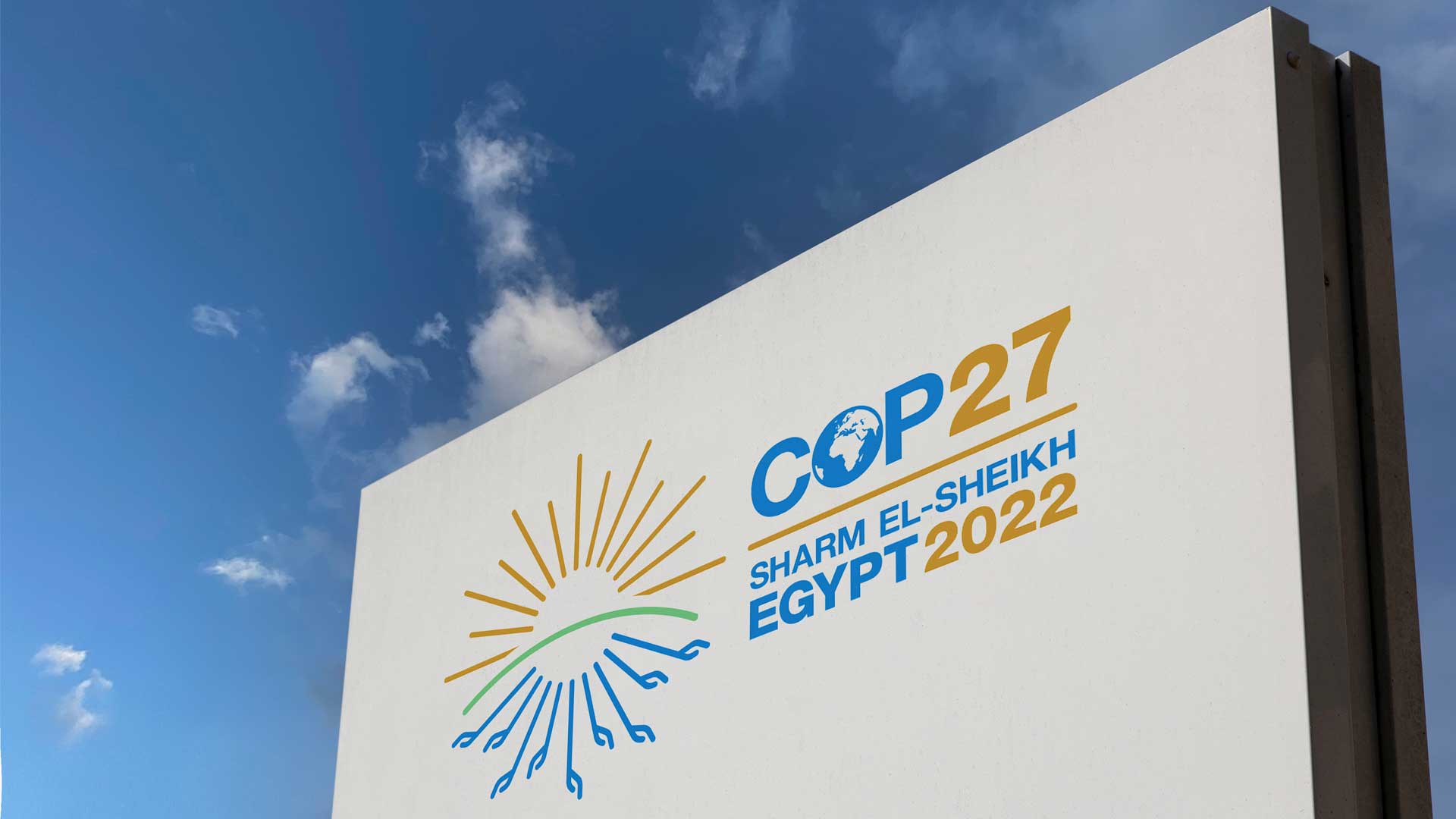
Abstract
Many events are changing the international landscape and all nations' domestic politics, such as the Russia-Ukraine war, prolonged energy crisis, currency inflation, and economic recession. In such a volatile and uncertain environment, the upcoming COP27 is destined to be a climate change conference with few consensuses and even fewer results. However, it will be an important opportunity for China to participate more actively in, and even lead, global climate governance. In order to accomplish these goals, we should first get rid of the conceptual dichotomy between developed countries and developing countries, reemphasize the nature of global climate governance as an international public good, and take the initiative to guarantee our inevitable international responsibilities and leading role. Secondly, we should enhance China's international discourse power in the two respects of political and social discourse. In terms of the construction of international political discourse, a new action initiative on climate change based on carbon emissions and the degree of impact of major countries is proposed. We also need to redefine "the right to development" of developing countries and put forward "the right to green development". As a leader of the green revolution, we should request larger green development space for developing countries. To construct the discourse of the international community, we should fully mobilize the power of civil society and spread the Chinese Confucian idea of "harmony between man and nature" internationally in a simple way and introduce our best practices of ecological civilization.
Research Questions
-
What are the opportunities for China in global climate governance?
-
How could China redefine its role in global climate governance?
-
How can China improve its international political status and enhance its discourse power in global climate governance?

